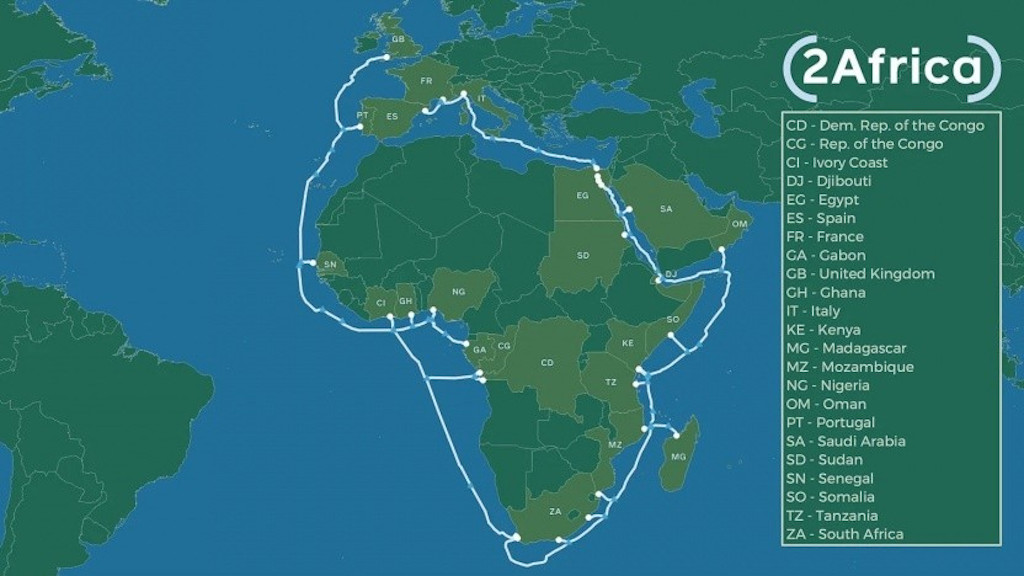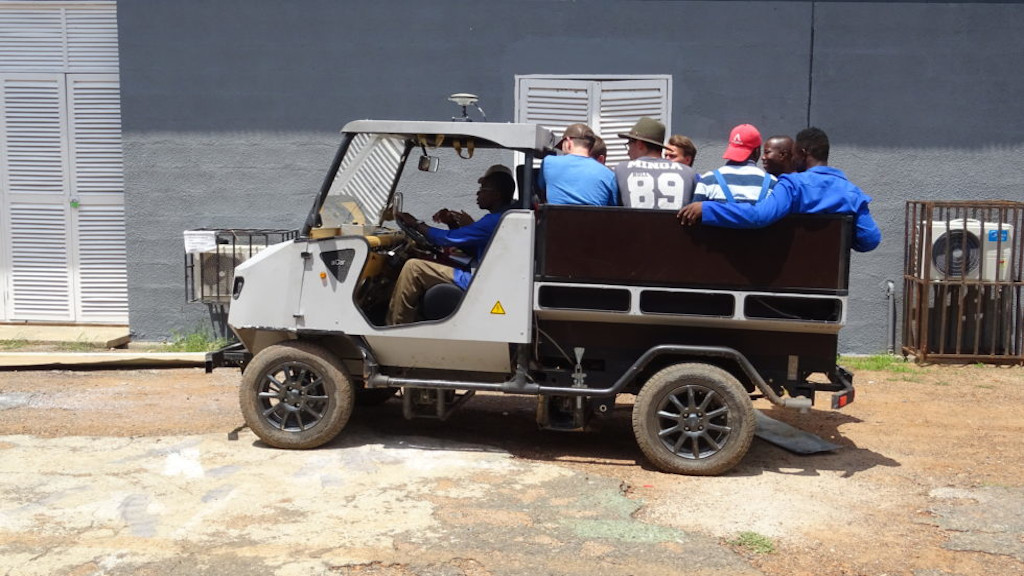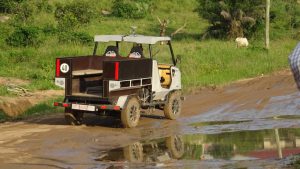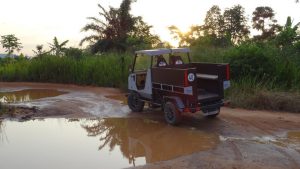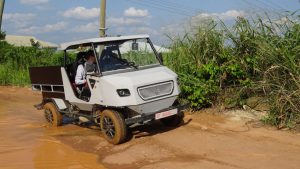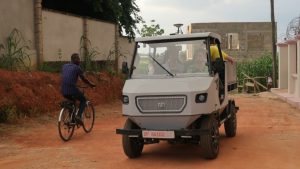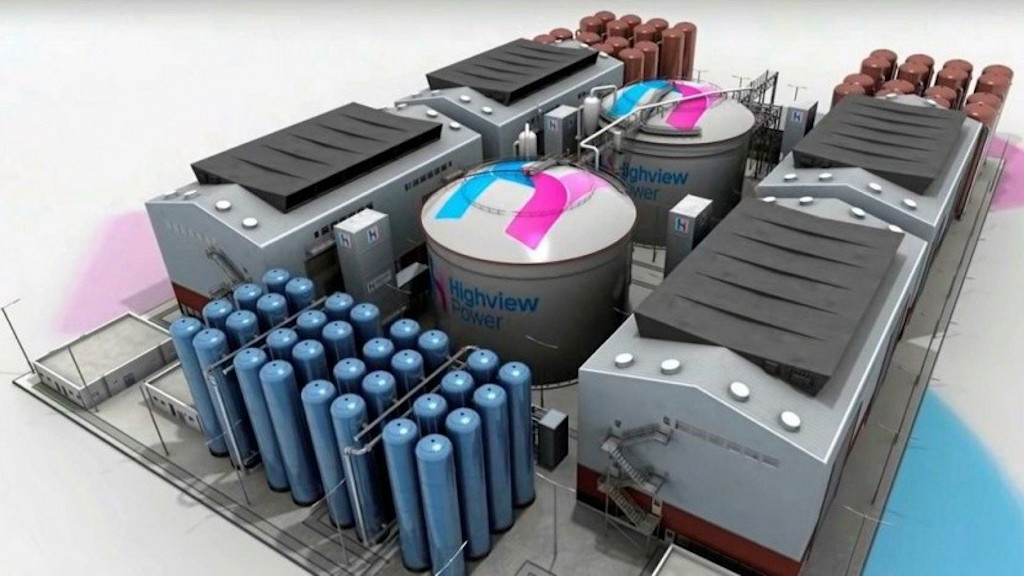Climate experts were impressed with discussions on the first day of COP28 in Dubai on Thursday, as nearly all nations finalised the creation of a fund to help compensate countries struggling to cope with loss and damage caused by climate change.
Sultan al-Jaber, the president of the COP28 climate conference, hailed “the first decision to be adopted on Day One of any COP” — and his country, the United Arab Emirates — would chip in $100 million to the fund. Other countries stepped up with big-ticket commitments, including Germany, also at $100 million.
Developing nations have long sought to address the problem of inadequate funding for responding to climate disasters caused by climate change, which hit them especially hard, and for which they have little responsibility — historically industrialised countries have spewed out the most carbon emissions that are trapping heat in the atmosphere.
Senior advocate at the Natural Resources Defense Council Joe Thwaites said that pledges made seconds after the fund was passed through were “unprecedented.”
Avinash Persaud, special climate envoy for Barbados, who was part of the talks to finalise the fund, praised the agreement but added that a significant amount of money would need to be contributed.
“This fund needs to be $100 billion-a-year fund, and we won’t get there overnight. That’s a lot of money. That’s more than half of all of the aid budgets in the entire world,” said Persaud.
Lola Vallejo, Climate programme director at the sustainable development think-tank IDDRI, said the creation on the fund on COP28’s first day was “a great and a very constructive start” — but said it doesn’t answer the questions like who will be eligible and the sustainability of the financing.
Still, experts said the show of unity demonstrated how the world could come together in short order to address devastation left behind from natural catastrophes like tropical storm Daniel that hammered Libya with massive flooding in September, and Cyclone Freddy that battered several African nations early in the year.
Initial steps toward creating the fund was a major accomplishments at last year’s U.N. climate conference in Egypt, but it was never finalised.
Even after Thursday’s agreement, many details of the “loss and damage fund” were left unresolved, such as how large it would be, who would administer it over the long term, and more.
A recent report by the United Nations estimates that up to $387 billion will be needed annually if developing countries are to adapt to climate-driven changes.
The fund will be hosted by the World Bank for the next four years and the plan is to launch it by 2024. A developing country representative will get a seat on its board.
Source: Africanews
 afric-Invest
afric-Invest
